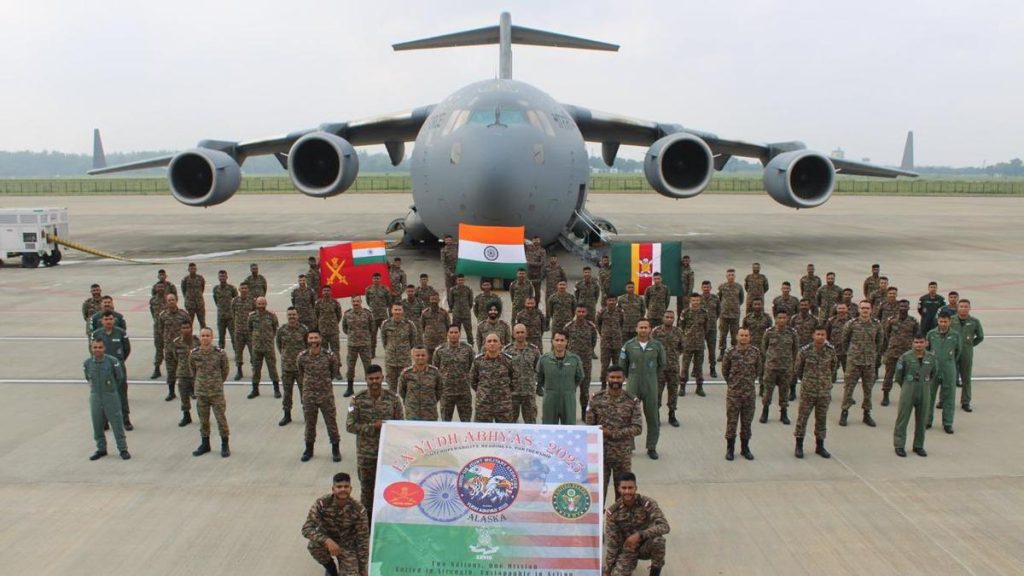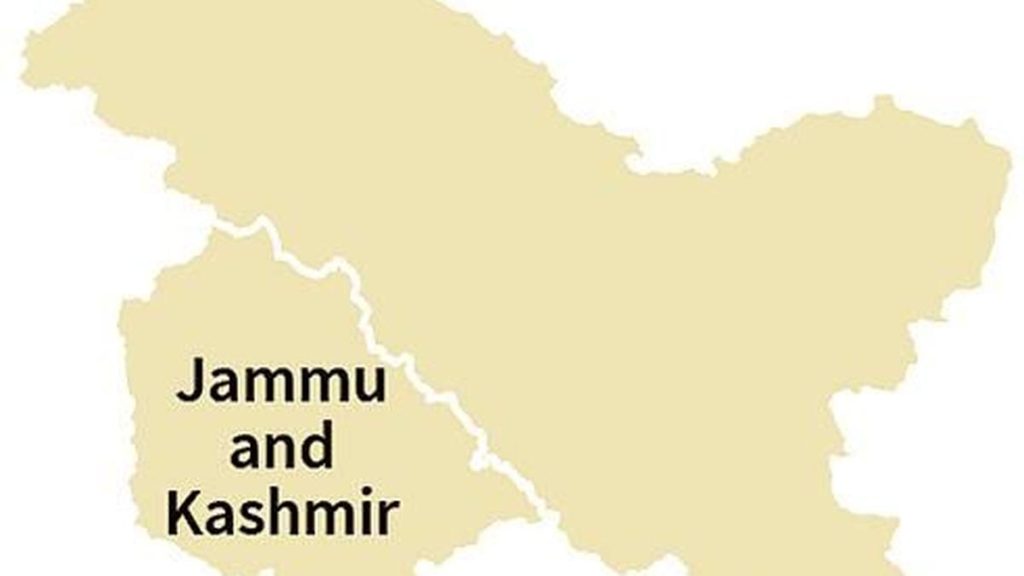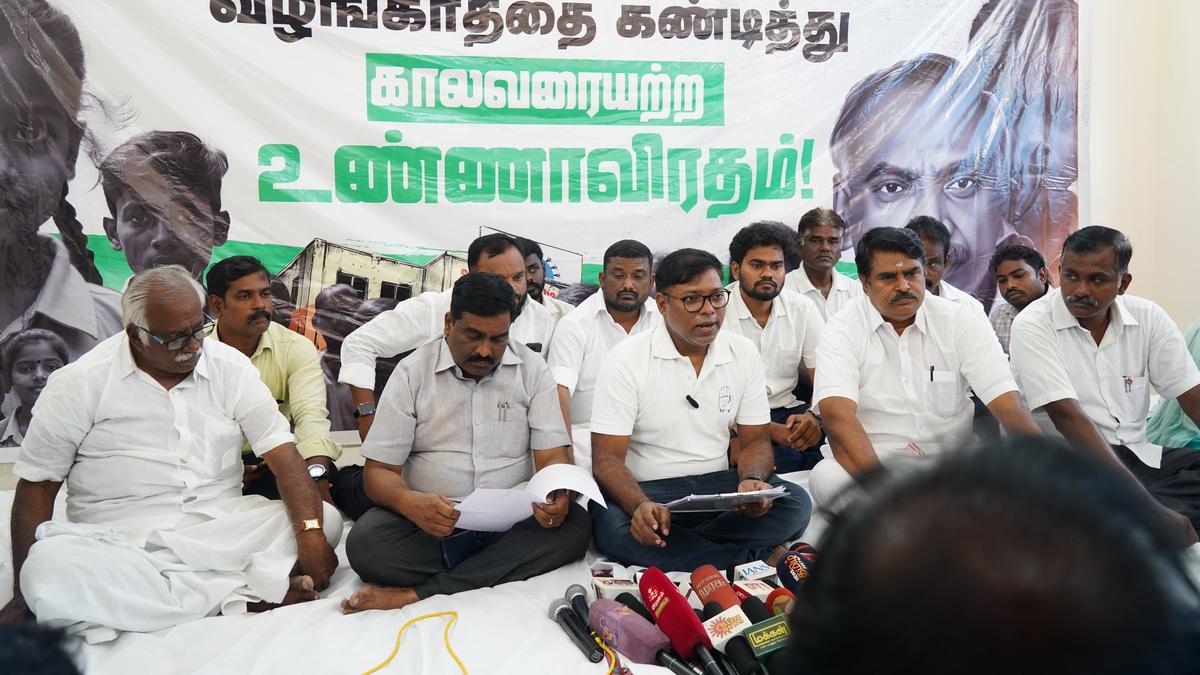Now Reading: Bihar’s Special Revision Exercise: Supreme Court Offers Fresh Opportunity
-
01
Bihar’s Special Revision Exercise: Supreme Court Offers Fresh Opportunity
Bihar’s Special Revision Exercise: Supreme Court Offers Fresh Opportunity

Speedy Summary
- The Supreme Court of India issued an order on September 1, 2025, concerning Bihar’s Special Intensive Revision (SIR) exercise to address wrongful exclusions from draft electoral rolls.
- The Election Commission of India (ECI) clarified that claims and objections for inclusion can continue even after the September 1 deadline until the finalisation of electoral rolls and nomination dates for Assembly polls.
- Approximately 65 lakh names were excluded from the draft roll; though, only around 33,000 re-inclusion claims were filed compared to over 15 lakh new voter registrations using Form 6. this disparity raises data accuracy concerns.
- Political parties have accused Block Level Officers of mishandling claims, while ECI reports suggest parties failed to sufficiently help voters file objections.
- The Supreme Court directed the Bihar State Legal Services Authority to utilize para-legal volunteers to assist voters in filing claims effectively.
- Investigations and ground reports highlighted anomalies in exclusion patterns in Bihar’s voter lists, emphasizing a need for corrective measures in the process.
- Aadhaar has been recognized as a valid standalone document for excluded voters filing claims. Advocacy suggests its acceptance should extend uniformly across all categories during revisions.
Indian Opinion Analysis
The Supreme Court’s intervention underscores critical gaps in India’s democratic processes concerning its electoral roll revisions. while it is encouraging that excluded voters now have extended opportunities to file re-inclusion claims beyond strict deadlines, basic issues persist regarding administrative clarity and implementation efficiency. The reported anomalies-including discrepancies between registered exclusions and re-inclusion efforts-reflect systemic flaws that may undermine public trust.
To uphold voter rights fully amid such challenges requires coordinated action from key stakeholders such as political parties. Their active involvement could mitigate gaps left by administrative procedures while fostering civic engagement among citizens.Likewise, adopting Aadhaar universally across all revision levels could standardize documentation criteria and reduce potential biases.
Future exercises like Bihar’s SIR should aim for thorough reviews with longer timelines rather than technocratic methods reliant on compressed deadlines prone to oversight errors. A robust democratic process demands meticulous attention not just for administrative convenience but also fairness-a principle vital for ensuring inclusive participation at scale.
























